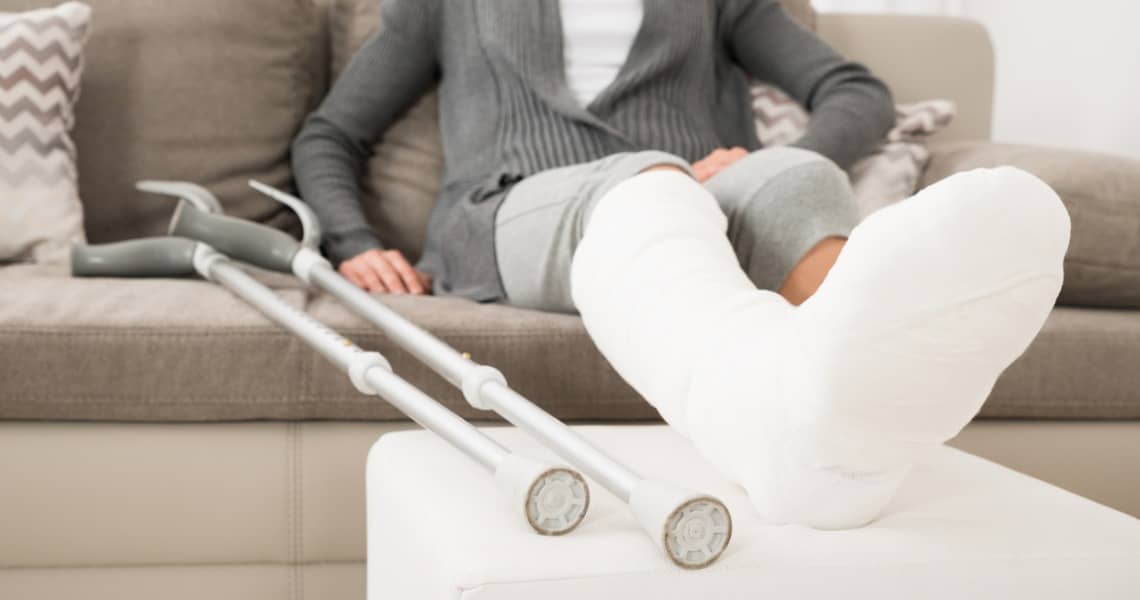Personal Injury Lawyer
Personal Injury Lawsuit
 A personal injury case occurs when one party’s negligence is responsible for the injuries you or a loved one sustained. The consequential physical and emotional damage can cause long-term negative effects on your life, earning potential, and family. This often happens when another person or business acts recklessly and causes some sort of accident.
A personal injury case occurs when one party’s negligence is responsible for the injuries you or a loved one sustained. The consequential physical and emotional damage can cause long-term negative effects on your life, earning potential, and family. This often happens when another person or business acts recklessly and causes some sort of accident.
A civil personal injury attorney can help you find justice by taking the offenders to court or seeking a settlement. This helps in two different ways: (1) personal injury victims will get the justice and compensation they deserve; and (2) it discourages similar situations from happening again.
What Determines a Personal Injury Lawsuit?
A personal injury lawsuit normally begins with an injury. If someone is legally responsible for causing - or didn’t act reasonably to prevent - injury, you can make a claim against them and take them to court. As the injured person, you would become the plaintiff and the one who caused the injury will become the defendant. Not every injury you suffer leads to a personal injury case.
First, you would need to suffer an injury. If you slip and break your ankle, that is a physical injury. If you slip and break your phone at a store, that is property damage.
Next, a case can only be brought if the injury was because someone was negligent or careless. Your case needs to prove the defendant acted negligently. The elements of negligence needed to support your case are explained in the next section.
Finally, you need to establish that you have suffered personal and financial harm. For example, if you become paralyzed in a road accident, you would be awarded damages for your lost wages and medical bills.
Elements of Negligence in Personal Injury Lawsuits
While some personal injury cases are intentional, most injuries come from negligence.
State laws differ, but typically the plaintiff must show the defendant was negligent through these four elements:
- Duty: Prove that the defendant had a “duty of care” to the plaintiff. For example, a grocery store manager should place wet floor signs near puddles in aisles so no one risks falling.
- Breach of duty: The plaintiff must then show the defendant breached their duty by not responding reasonably.
- Causation: Next, the plaintiff should prove that the personal injury they suffered was because of the defendant’s breach of their duty.
- Damages: Lastly, because of the plaintiff’s injury, they must have suffered damages.
How Can a Personal Injury Lawyer Help?
A personal injury lawyer provides many services. These include:
Explaining your rights: A personal injury lawyer will explain how your rights are affected by an accident. Your lawyer can help you understand other legal issues in your situation. Laws differ from state-to-state about what is considered negligence or how long you can file a complaint related to an incident.
Providing advice: A personal injury attorney understands the legal system and can walk you through it. They understand legal procedures, medical and insurance terms, and make sure no important paperwork is missed.
Many injury victims experience fear, anger, frustration, stress, and other powerful emotions. A personal injury attorney understands what you’re feeling and gives you objective opinions to help you make the best possible decisions not clouded by negative emotions.
Representation in court: Most personal injury cases do not end in a trial. Most are settled before a lawsuit is filed. If an insurance company denies a claim, the only way for the victim to recover may be to go through a civil litigation and trial.
Lawsuits are very complicated. There are procedures and rules of evidence that must be strictly followed. Going to court is not a task for you to take on by yourself.
Speak With a Personal Injury Lawyer Today
The experienced attorneys at Dash Injury Law Firm will help guide you through the litigation process of a personal injury lawsuit. It is crucial to find an attorney who will support you during this difficult situation and advise you with expert legal advice.
Dash Injury Law Firm provides personal injury lawsuit services in the surrounding areas of the following locations:
- San Jose, CA
- Washington, DC
- Northern Virginia
We are committed to serving our clients and fighting for the compensation and justice they deserve. Call our legal team today at 888-(DASH-LAW) or complete an online contact form.
The information contained in these pages should not be taken as a substitute for legal advice and it is in fact not legal advice, especially as to cases which are highly fact-specific.
